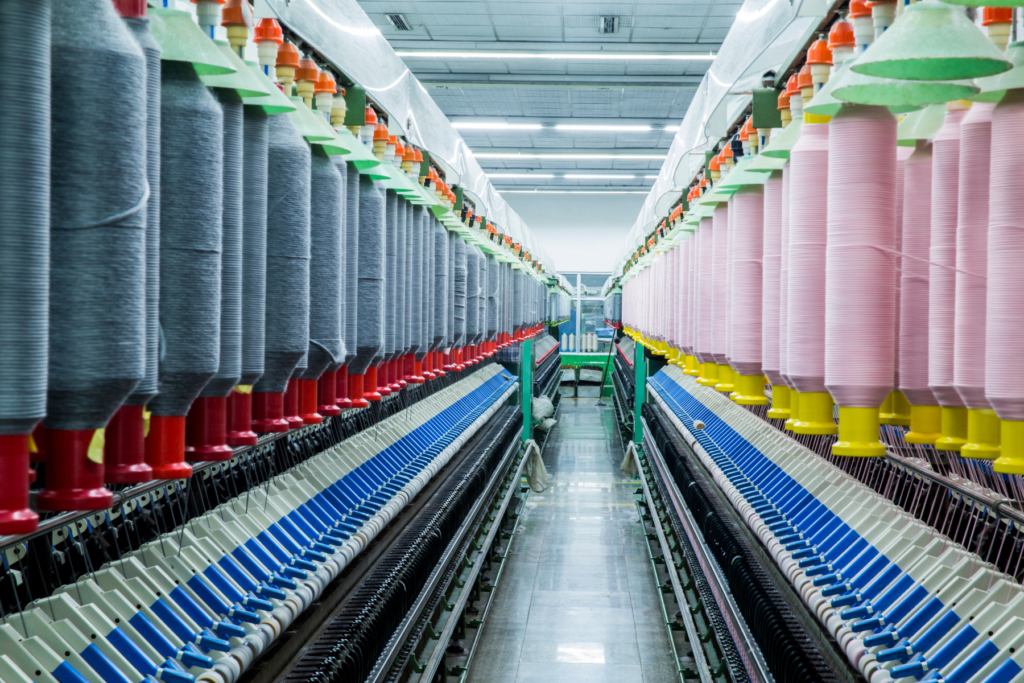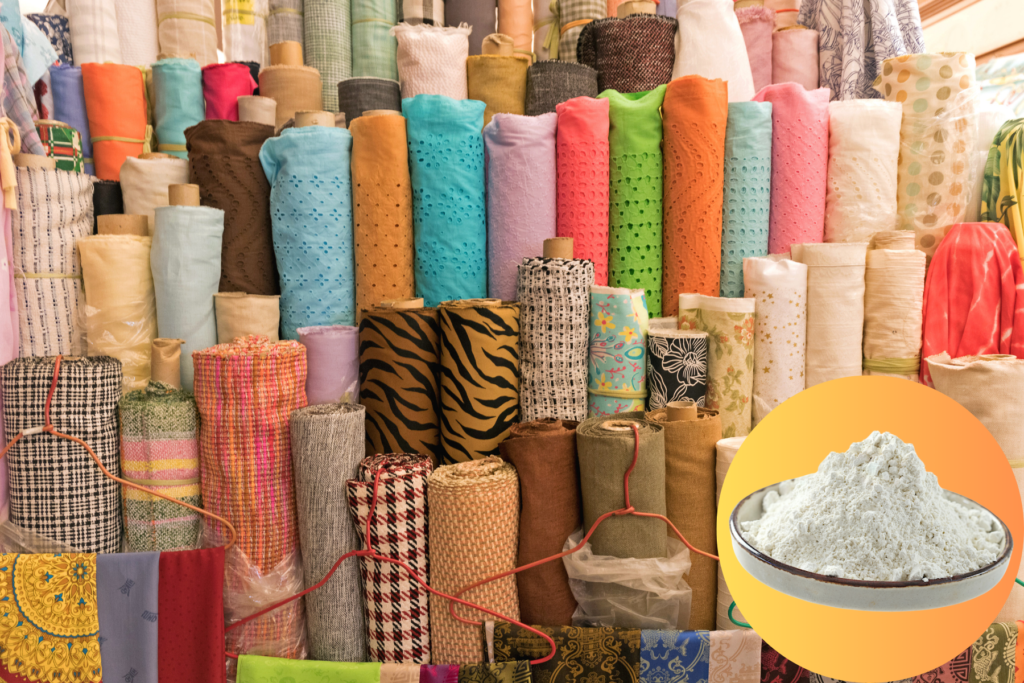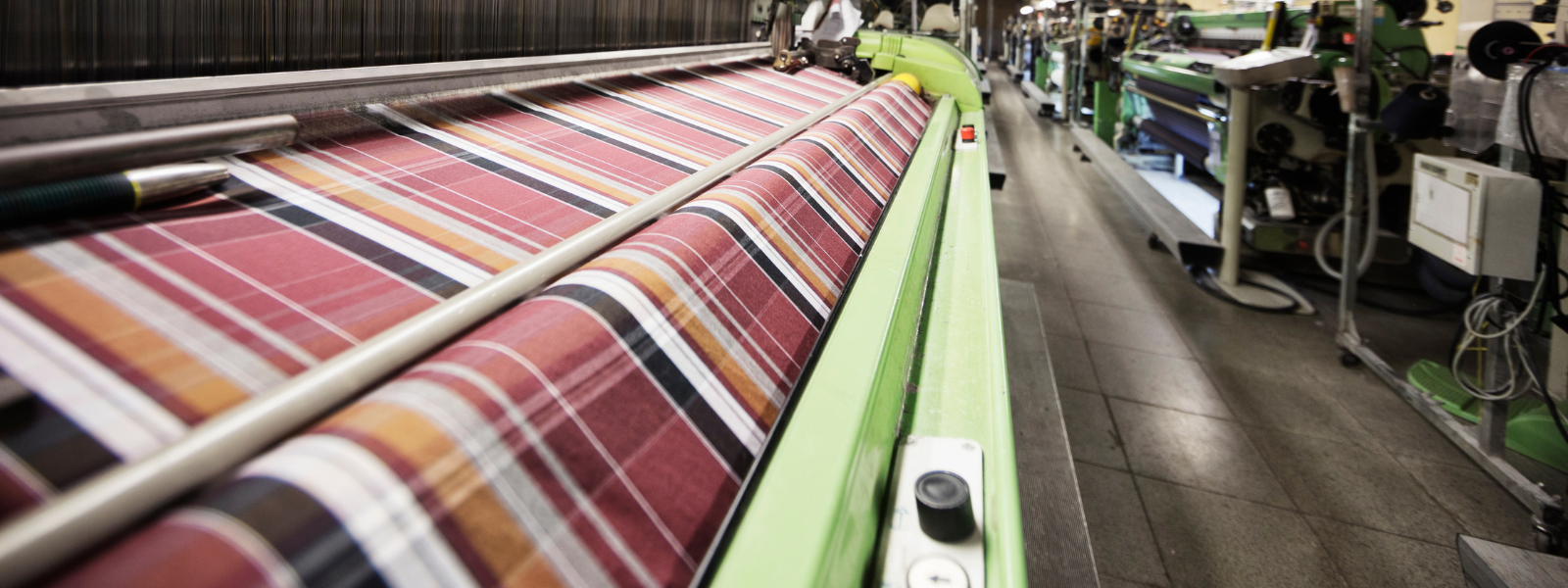Textile Grade carboxymethyl cellulose GUN
Our factory specializes in producing Textile Grade Carboxymethyl Cellulose Gum, a key ingredient in textile processing. This high-quality CMC gum plays a pivotal role in enhancing fabric quality, offering superior thickening, film-forming, and fiber-binding properties. It’s essential in textile printing, dyeing, and finishing, ensuring even dye distribution and vibrant color fixation. Our state-of-the-art manufacturing facilities ensure the highest standards of purity and consistency. We cater to a diverse range of textile applications, adapting to specific client needs. Our commitment to innovation and sustainability positions us as a leader in the textile industry, providing eco-friendly and efficient solutions. With a strong focus on customer satisfaction, we deliver products that meet the evolving demands of textile manufacturers globally.


Our factory is a prominent producer of Textile Grade Carboxymethyl Cellulose Gum, renowned for its exceptional supply capabilities. Specializing in high-quality CMC gum, we cater to the extensive demands of the textile industry. Our advanced production facilities are designed for large-scale output, ensuring a reliable and uninterrupted supply. We are adept at meeting both bulk orders and specific client requirements with efficiency and speed.
Our product, integral in textile processes like printing, dyeing, and finishing, is known for its superior thickening and color fixation properties. We pride ourselves on our ability to adapt to market changes and maintain consistent product quality.
Our commitment to sustainability and innovation, coupled with our robust supply chain management, positions us as a trusted partner in the global textile sector, capable of fulfilling diverse needs with agility and precision.
Textile Grade CMC FEATURES
Textile Grade Carboxymethyl Cellulose (CMC) is a cornerstone in fabric processing, revered for its multifunctional properties. This grade of CMC excels in enhancing fabric quality through superior thickening, film-forming, and fiber-binding capabilities. It’s a crucial agent in textile printing, ensuring even dye distribution for vibrant and lasting colors. In dyeing processes, CMC’s role is pivotal for achieving consistent color penetration and fixation, resulting in high-quality finishes. Its water-retention properties aid in fabric conditioning, making it softer and more durable. Additionally, Textile Grade CMC is environmentally friendly, aligning with the industry’s shift towards sustainable practices.
It’s non-toxic and biodegradable, ensuring safety for both the environment and end-users. Our CMC is customizable, catering to the specific viscosity and purity needs of textile manufacturers. This adaptability makes it an invaluable ingredient for a wide range of textile applications, from clothing and upholstery to industrial fabrics.
Enhanced Fabric Quality
Textile Grade CMC significantly improves fabric quality, providing a smoother and stronger texture. It's ideal for textiles requiring a premium feel and durability, making it a staple in high-quality fabric manufacturing.
Superior Thickening Properties
This CMC grade offers excellent thickening properties, crucial for textile printing. It ensures the right viscosity of printing pastes, enabling precise and clear print designs, which are essential for detailed and intricate textile patterns.
Even Dye Distribution
CMC aids in achieving uniform dye distribution across fabrics. This uniformity is key to ensuring consistent color and quality in every batch of dyed fabric, important for both aesthetic appeal and manufacturing standards.
Improved Color Fixation
The product enhances color fixation, leading to vibrant and long-lasting colors in textiles. This feature is especially beneficial for clothing and home textiles, where color fastness is a key quality parameter.
Fabric Softening
Textile Grade CMC acts as a fabric softener, making fabrics feel softer to the touch. This property is particularly valued in consumer textiles like bedding and clothing, where comfort is paramount.
Eco-Friendly and Safe
Our CMC is environmentally friendly and safe for both the planet and users. Its biodegradable nature aligns with the textile industry's efforts to reduce environmental impact, making it a responsible choice.
Versatility in Applications
This grade of CMC is versatile, suitable for various textile applications including printing, dyeing, and finishing. Its adaptability to different processes and fabric types makes it an invaluable tool in diverse textile production settings.
Stability in Processing
It offers excellent stability in various textile processing conditions. This stability is crucial for maintaining the integrity and quality of textiles throughout the manufacturing process, ensuring consistent results in the final product.
Textile Grade CMC SPECIFICATION
Textile Grade Carboxymethyl Cellulose (CMC) is precisely formulated to meet the exacting standards of the textile industry. Our CMC boasts a high purity level, with a minimum of 98%, ensuring exceptional quality for textile applications. It features a specific viscosity range, typically between 800 to 1200 mPa.s (measured at 1% aqueous solution), ideal for textile printing and dyeing processes. The degree of substitution, a crucial parameter, is carefully controlled within the range of 0.65 to 0.85, optimizing its performance in fabric processing. Our product maintains a pH balance of 6.5 to 8.5, making it suitable for various textile applications. The moisture content is kept below 10%, ensuring the stability and effectiveness of the CMC in diverse textile processes.
These specifications underscore our commitment to providing a high-standard product that meets the specific needs of textile manufacturers.
| Model | IL7 | IM7 | IH7 |
| 2% Aqueous solution viscosity (mPa.s) | 30-600 | 600-800 | 800-1200 |
| 1% Aqueous solution Brookfield viscosity (mPa.s) | 50-120 | 120-250 | 250-450 |
| Degree of substitution (D.S.) | ≥0.70 | ||
| pH value | 6.0-8.5 | ||
| Chloride | ≤13.0% | ||
| Loss on drying | ≤10.0% | ||
Textile Grade carboxymethyl cellulose applications
Textile Grade Carboxymethyl Cellulose (CMC) is an essential component in the textile industry, widely used for its diverse applications. Primarily, it’s employed as a thickening agent in textile printing, constituting about 2-3% of printing pastes, to achieve sharp, clear designs. In dyeing processes, CMC, at a concentration of 1-2%, aids in uniform dye dispersion and fixation, ensuring vibrant and consistent colors. It’s also used in fabric finishing, at about 0.5-1%, to enhance fabric hand feel and texture. Additionally, CMC serves as a binding agent in non-woven fabrics, contributing to the strength and stability of the material. In sizing applications, about 1-3% of CMC is used to protect yarns during weaving, reducing breakages. The product’s role in fabric softening and conditioning is pivotal, improving the overall quality and wearability of textiles.
These applications highlight Textile Grade CMC’s vital role in enhancing fabric quality, processing efficiency, and end-product appeal.

- Textile Printing: Mix 3% CMC to create thickened printing pastes, ensuring precise and vibrant prints on fabrics. Blend with dyes and water to achieve desired consistency. This application results in sharp, clear textile designs that are visually appealing.
- Fabric Dyeing: Use 2% CMC for even dye distribution and improved color fixation in fabric dyeing. Combine with fabric dyes and water, ensuring uniform application. This leads to consistently colored fabrics with long-lasting hues.
- Fabric Finishing: Incorporate 1% CMC in finishing solutions to enhance fabric feel and appearance. Mix with finishing agents and apply to textiles. This application gives fabrics a soft, luxurious texture and improves wear resistance.
- Yarn Sizing: Apply 3% CMC in sizing mixtures to protect yarn during weaving. Blend with starches and size mixtures, enhancing yarn strength and reducing breakages in the loom. This ensures smoother weaving and higher-quality textiles.
- Non-Woven Fabric Production: Use 2% CMC as a binder in non-woven fabrics for increased strength and stability. Combine with fibrous materials, creating durable and cohesive non-woven textiles used in various applications.
- Fabric Softening: Add 1.5% CMC to softening solutions for a softer fabric hand feel. Mix with softeners and apply to textiles, resulting in comfortable and pleasant-to-touch fabrics, ideal for clothing and home textiles.
- Textile Coatings: Incorporate 2.5% CMC in coating formulations to improve fabric coating uniformity. Blend with coating materials, enhancing the protective properties of coated fabrics used in specialty applications.
- Printing Thickener Replacement: Use CMC as an eco-friendly alternative to synthetic thickeners in printing pastes. Mix 3% CMC to achieve the desired viscosity, providing a sustainable and effective solution for textile printing.
Textile Grade carboxymethyl cellulose faq
Explore our FAQ on Textile Grade Carboxymethyl Cellulose (CMC) to gain comprehensive insights into its pivotal role in textile manufacturing. Discover how CMC enhances fabric quality, from improving print clarity to ensuring even dye distribution. Understand its applications in textile processing, like yarn sizing and fabric finishing, and learn about its environmental impact and safety standards. These FAQs provide valuable information on CMC’s compatibility with various textiles, its concentration in different applications, and guidelines for optimal usage. Aimed at manufacturers and textile professionals, our FAQs offer expert guidance for effectively integrating CMC into textile production.
It’s used as a thickening agent in printing pastes, ensuring sharp and precise prints by controlling the viscosity and flow of dyes.
Yes, it aids in even dye distribution and fixation, resulting in vibrant, consistent colors across the fabric.
Absolutely, our CMC is biodegradable and non-toxic, aligning with eco-friendly manufacturing practices.
CMC improves the hand feel, texture, and overall appearance of fabrics, enhancing their quality and appeal.
It strengthens and protects yarns during weaving, reducing breakages and ensuring smoother production.
Yes, we can tailor the viscosity and purity levels to meet specific needs in textile processing.
Its properties are optimized for textile applications, including specific molecular weight and degree of substitution suitable for fabric processing.
It is generally safe for most fabrics but we recommend testing for compatibility, especially with delicate or specialty textiles.
We adhere to strict quality control processes, from raw material sourcing to final product testing, ensuring high standards are consistently met.
Textile Grade CMC price
Textile Grade Carboxymethyl Cellulose (CMC) is competitively priced to reflect its specialized application in the textile industry. The cost per unit is influenced by factors like purity, molecular weight, and order volume. Prices may vary based on global market trends and raw material availability. For bulk and regular orders, we offer scaled pricing options to accommodate the diverse needs of textile manufacturers. Our pricing strategy is transparent and aimed at providing value, balancing the premium quality of our CMC with cost-effectiveness.
We strive to ensure that our clients receive the best possible price-performance ratio, making our Textile Grade CMC an economical choice for enhancing fabric processing.
